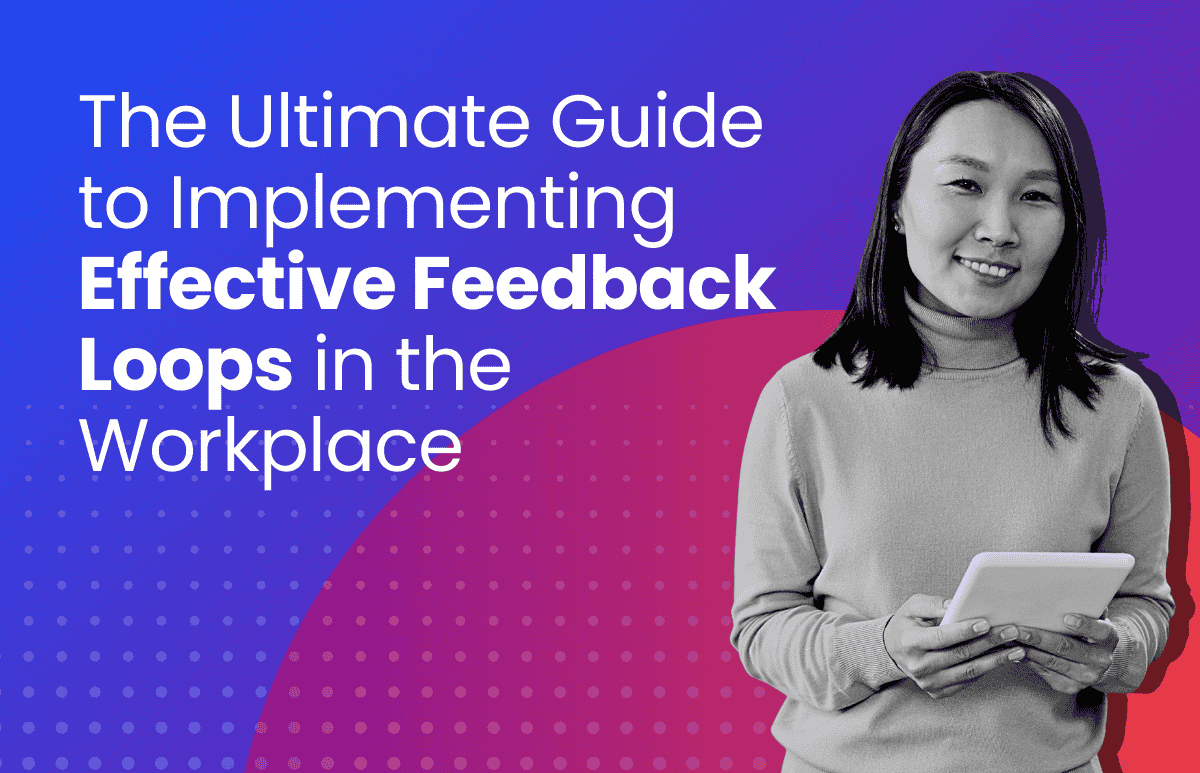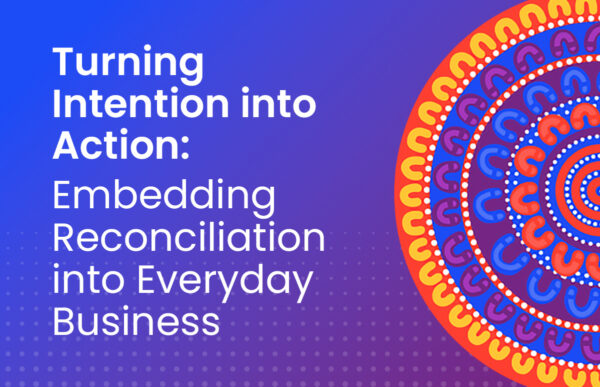Coping with the Cost-of-Living Crisis: A Practical Strategies Guide for HR
The cost-of-living crisis is a top concern for employees and employers alike.

We’ve just released our latest Employee Sentiment Index report and it uncovers some worrying figures for our nation’s workers. Almost seven in ten employees in Australia say the cost-of-living crisis is negatively impacting their mental health.
But among women, those figures are even higher. In Australia, 72% of female workers say the current financial pressure is harming their mental health, compared to 59% of men.
We also found employees are putting in longer hours, working through their lunch breaks, and taking on extra responsibilities outside their usual workload. What’s more, almost 40% say they feel they need to work harder or longer hours to keep their job safe. Driven by fear or financial pressure, it could be pushing employees towards even higher levels of burnout.
Remuneration isn’t the only way to help ease the burden for workers
For each quarterly survey, we ask about the priorities when searching for a new job, and while remuneration is still employees’ top factor, there are other things to consider. The stability of an organisation, the flexible working options on offer, and company culture all make the top four, according to our latest ESI.
While salary will likely always remain in the number one spot, there are plenty of other ways that employers can help their employees feel valued and secure while supporting them during the cost-of-living crisis.
Tyson Breslin-Field is the Business Operations Manager at Acacia Connection, an organisation that offers employee assistance programs (EAP) and wellbeing services. When a pay rise or a bonus isn’t feasible for an organisation, he suggests that there are other impactful options to help employees who are financially struggling.
“Given that there’s such a close link between financial stress and mental health and wellbeing, it’s about looking at what is actually within the control of HR or the leadership,” explains Tyson. “For example, they can support things like providing more flexibility for employees if there’s the capacity to do so, which could save on the costs of commuting.”
It poses the question, what can HR leaders do during this time to provide adequate support to employees who might be struggling? In this blog, we spoke to the experts at Acacia Connection to share some actionable strategies for just that.
5 initiatives to support staff
Suzanne Osbourne is the Clinical Services Manager at Acacia Connection. She believes that HR is an essential keystone when it comes to the support and wellbeing of a company’s employees; but HR professionals need to have the full backing of the leadership team to ultimately perform at their best.
“It starts with ensuring that HR teams, along with people managers and leaders, are equipped to be able to have meaningful conversations with people,” she says. “People working in HR need to be across mental health and wellbeing factors, and what those psychological stresses could be. I see HR as being a really pivotal investment in any organisation.”
1. Destigmatising mental health and financial wellbeing
This is the foundation of any workplace culture because if employees don’t feel comfortable reaching out for help, the resources in place will go untouched. There’s no quick fix for destigmatising these issues but HR leaders play a critical role in leading the charge.
“There is a stigma not just around mental health, but also around financial wellbeing. For a lot of people, money can be a taboo subject,” points out Justine Figueroa, an Acacia Workplace Wellbeing Consultant.
“But if we work to remove that taboo, we can let people know that it’s okay to talk about money and the strains and stresses that they’re experiencing with their finances.”
HR can take the lead here and help to destigmatise these issues for employees by initiating conversations and promoting available resources, such as an EAP. They can also be a role model and talk about their own financial worries or use of support services, as well as encourage other senior leaders in the business to share their personal experiences. The less stigma, the more likely employees will be to seek help.
2. Breaking down unconscious biases
Leading on from the stigma associated with these issues, it’s also important for HR to begin having conversations around unconscious bias. The truth is that everyone has unconscious bias; and because it’s unconscious, it’s likely that we’re not even aware of the prejudices we hold.
When it comes to financial wellbeing, these biases could be around who is more likely to be feeling the pressure and why. Sometimes, these biases can be harmful to others and may impact their self-image and mental health, and even prevent them from utilising a service because they feel ashamed or embarrassed. HR can open up the conversation around unconscious bias and help people recognise, understand and overcome their own unconscious biases.
This is particularly important for managers in the business because of their direct, day-to-day relationship with employees. HR leaders might consider how they could run training and development on this topic to equip managers with better understanding of their own biases and the potential impact.
3. Offering employee benefits and subsidies
Offering employee benefits such as discounted health insurance, flexible working, extra superannuation or unlimited leave can go a long way to assisting employees. If your company already offers benefits, maybe it’s time to review these benefits and ensure that they’re suited to help everyone during the crisis. Most importantly, make sure it’s properly communicated to all employees so that they know these benefits exist and how to access them.
This goes for subsidies which can offer health and wellbeing benefits for employees, too. Offering subsidies or discounts on gym memberships, yoga classes or healthy meal subscriptions can promote physical and mental wellbeing while also potentially easing financial stresses. Remember, in times of financial stress it’s these things that employees are most likely to cut back on. By helping them continue with any healthy habits they might have, whether small or large, it could make all the difference.
As Tyson says: “When money pressures start to happen, it impacts everything else that we have going on.
“So we become stressed, which can impact our sleep. And if we’re not sleeping well, we’re not eating well, and so on. This is why it’s so important for businesses to take a holistic approach to supporting staff.”
4. Get to know your people
Want to know the best way to understand how your people are being affected by the cost-of-living crisis? Ask them. Surveying is a crucial tool for understanding employees and being as targeted as possible with the support an organisation can offer.
Anonymous surveys can help to gauge current levels of mental, financial, physical or social stress, and provide a way for employees to feedback on what types of resources and support would be most helpful.
Whether you introduce a stand-alone health check survey or incorporate it into a regular pulse survey, tap into your workforce to find out how employees are coping.
5. Implementing financial wellbeing strategies
Education is a crucial aspect when it comes to financial health, yet it’s often overlooked. It’s easy to assume everyone already knows how to manage their money or cut down on debt, but that may not be the case.
“An employer can provide the tools people need, in the form of training or workshops, to help educate people around financial wellbeing,” Justine says. “If you give people the initial tools they need, then they may find the momentum to jump in and help themselves.”
But it’s important to remember that it’s not the job of an HR leader to deliver financial advice. Be sure to rely on experts in this space to deliver engaging and reliable training, whether in-person or online.
There are a number of different strategies HR teams can implement during this time that can help employees with their financial wellbeing, including:
- Running financial wellness and education workshops
- Offering access to 1:1 financial wellbeing training
- Providing access to an EAP, such as ELMO Wellbeing
- Providing discounts or a benefits program and ensuring it is easy to access
How leadership can support HR
When we’re talking about the cost-of-living crisis and how best to support employees, it’s also important not to forget about the people who are putting in the leg work to connect employees with the right services.
Suzanne says that again, it really comes down to having the backing of the leadership team.
“Leadership needs to have conversations with their HR team around defining their roles and responsibilities, and ensuring they’re equipped with the information they need to support people and link them with professional assistance,” she says.
It’s also vital for the C-suite and HR to establish clear frameworks about the employer’s boundaries when it comes to supporting financial wellbeing. HR teams are an important conduit for support and help, but there’s only so much that is within their control. It’s important to understand where those boundaries lie from the beginning.
“HR teams need to be conscious of the capacity they can assist in, and what policies and procedures govern the advice and guidance that they can extend to employees,” Suzanne says. “Then they can lead employees towards avenues of support that are available to them.”
One such avenue is ELMO’s Wellbeing module. This HR software solution has been developed in partnership with Acacia Connection to support employees’ mental health and wellbeing. With access to 24/7 professional and confidential counselling services, ELMO Wellbeing is a key resource for your overall employee wellbeing strategy. To find out more, visit the ELMO Wellbeing product page.
ELMO Software is a leading provider of integrated, cloud-based HR technology operating in New Zealand, Australia and the UK. With over 3,000 customers, ELMO helps users to save valuable time, money, and resources by streamlining HR processes within one easy-to-use platform.
Highly configurable, the solutions can be tailored to meet each organisation’s unique needs and processes. What’s more, supportive implementation services and dedicated Account Managers help our clients to get the most from their ELMO platform and drive a higher return on investment. Visit the ELMO website to find out more or book a demo to experience the platform for yourself.
 HR Core
HR Core 









